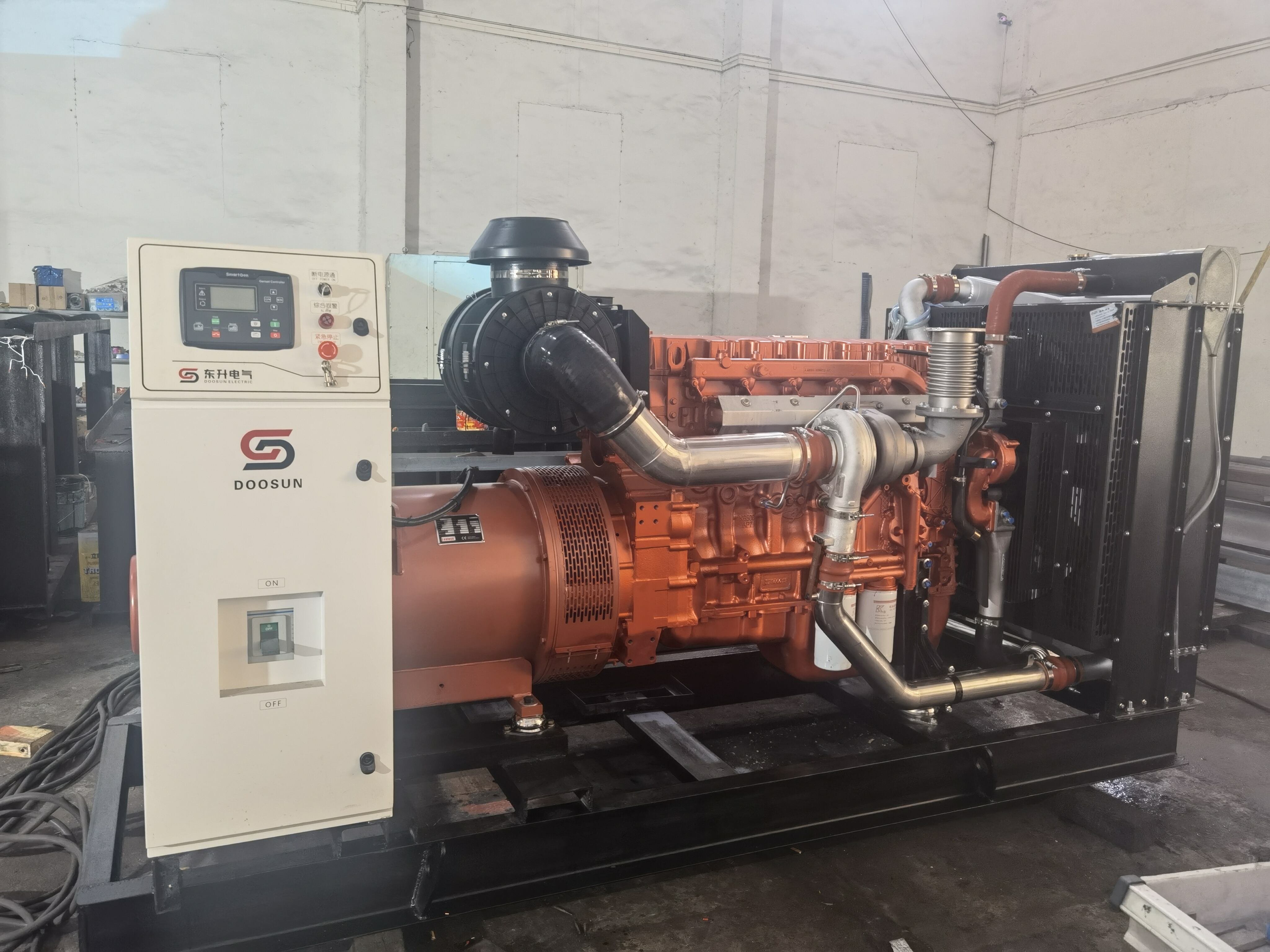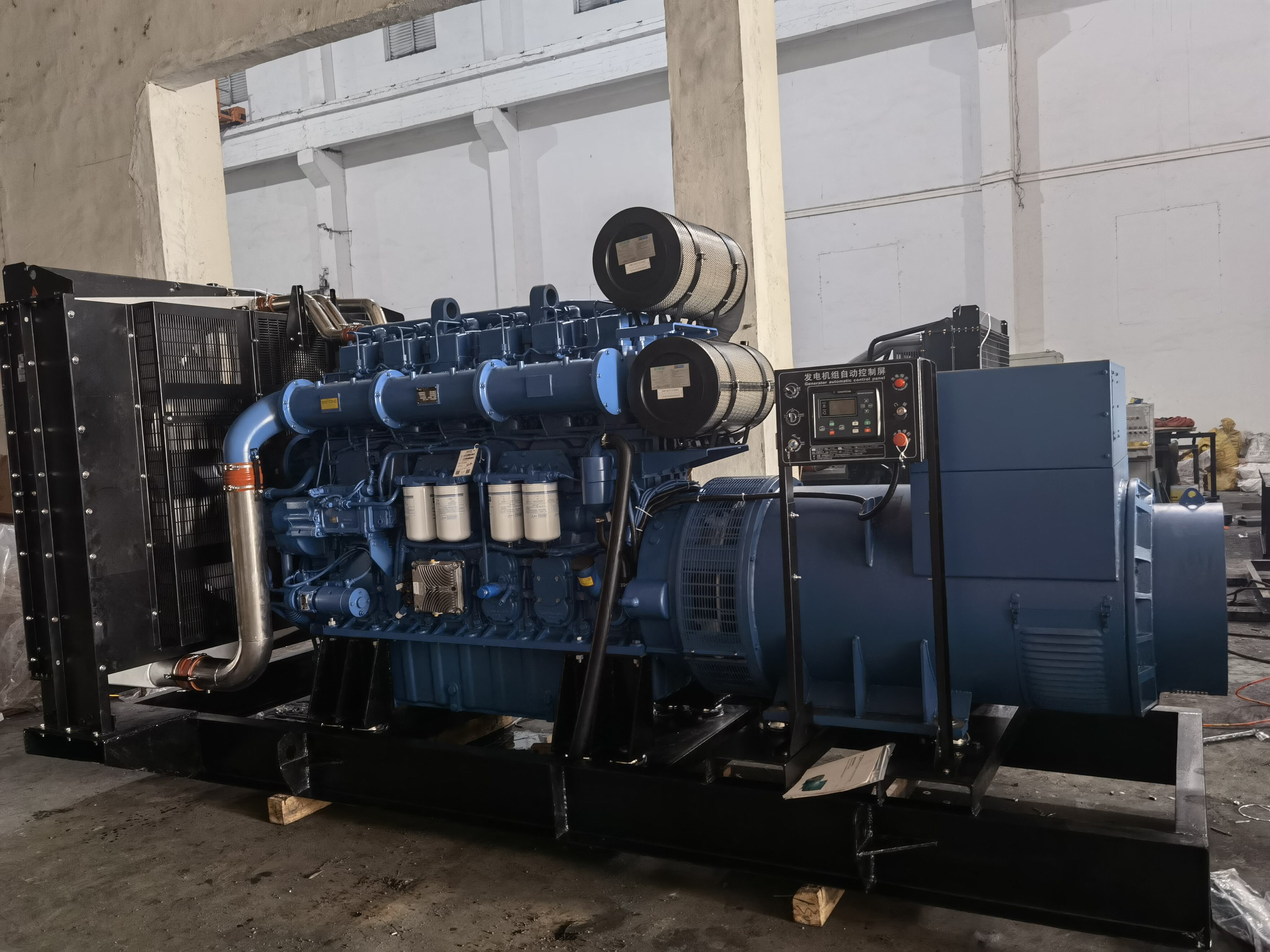Understanding Power Generation Solutions for Every Need
Power generation has become an essential aspect of modern life, with various types of generators serving as crucial backup solutions for homes, businesses, and industries. Whether you're looking to protect your home from unexpected outages or need reliable power for construction sites, understanding the different types of generators and their specific applications can help you make an informed decision. Let's explore the comprehensive world of power generation solutions and discover how each type serves unique purposes.
Portable Generators: Versatility in Motion
Conventional Portable Generators
Conventional portable generators are among the most common types of generators found in residential settings. These units typically run on gasoline and provide essential power for basic home appliances during outages. They're particularly valuable for maintaining refrigeration, lighting, and charging devices when grid power fails. Most conventional portable models deliver between 3,000 to 8,000 watts of power, making them suitable for running multiple appliances simultaneously.
The key advantage of conventional portable generators lies in their mobility and relatively affordable price point. They can be easily transported to different locations, making them perfect for camping trips, outdoor events, and emergency situations. However, users should be mindful of their fuel consumption and noise levels, as these generators typically require regular refueling and can be quite loud during operation.
Inverter Generators
Inverter generators represent the latest advancement in portable power generation technology. These sophisticated units produce cleaner power with less harmonic distortion, making them ideal for sensitive electronic devices like laptops, smartphones, and modern appliances. The inverter technology converts AC power to DC and then back to a stable AC output, ensuring consistent power quality.
One of the most significant benefits of inverter generators is their fuel efficiency. These types of generators automatically adjust engine speed to match power demand, resulting in quieter operation and reduced fuel consumption. While they typically come with a higher price tag, the long-term savings in fuel costs and the protection they offer to valuable electronics make them a worthwhile investment.
Standby Generators: Permanent Power Protection
Whole House Standby Systems
Whole house standby generators represent the premium segment of residential power generation. These permanent installations are designed to automatically detect power outages and restore electricity to your entire home within seconds. They're typically powered by natural gas or propane, eliminating the need for manual refueling and ensuring continuous operation during extended outages.
The installation of whole house standby generators requires professional expertise and proper permits, as they must be connected to your home's electrical system and fuel source. While the initial investment is substantial, these types of generators offer unparalleled peace of mind and protection for homeowners who live in areas prone to frequent power disruptions.
Commercial Standby Solutions
Commercial standby generators are engineered for businesses and industrial applications where power interruptions can result in significant financial losses. These robust systems can range from 20kW to several megawatts, capable of powering entire facilities, data centers, or manufacturing plants. They're built with industrial-grade components and sophisticated control systems to ensure reliability and longevity.
Modern commercial standby generators often feature remote monitoring capabilities, allowing facility managers to track performance metrics and receive instant notifications of any issues. This level of control and reliability makes them indispensable for businesses where continuous power supply is critical for operations.

Industrial Power Generation Systems
Diesel Generators
Diesel generators remain the backbone of industrial power generation, known for their durability and efficiency in high-demand applications. These types of generators excel in continuous operation scenarios and are commonly found in manufacturing facilities, construction sites, and mining operations. Their robust design and lower fuel costs make them ideal for long-term power generation needs.
Modern diesel generators incorporate advanced emission control systems and improved fuel efficiency technologies, addressing environmental concerns while maintaining their reputation for reliability. The latest models also feature sophisticated control interfaces that optimize performance and facilitate preventive maintenance scheduling.
Alternative Fuel Generators
The growing emphasis on sustainability has led to increased adoption of alternative fuel generators. Natural gas generators offer cleaner operation and lower maintenance requirements compared to diesel units. Additionally, bi-fuel systems that can switch between natural gas and diesel provide enhanced flexibility and reliability.
Emerging technologies in this space include hydrogen fuel cell generators and hybrid systems that integrate renewable energy sources. These innovative types of generators represent the future of power generation, offering reduced environmental impact while maintaining the reliability required for industrial applications.
Specialized Application Generators
Marine Generators
Marine generators are specifically designed to withstand the harsh conditions of maritime environments. These specialized types of generators feature corrosion-resistant materials and compact designs to fit within limited vessel spaces. They must meet strict safety regulations and provide reliable power for navigation equipment, life support systems, and passenger comfort.
Advanced marine generators often incorporate sound dampening technology and vibration isolation systems to ensure quiet operation, essential for both commercial vessels and luxury yachts. Many modern units also feature integrated monitoring systems that help prevent failures and optimize maintenance schedules.
Solar Generators
Solar generators represent the intersection of renewable energy and portable power solutions. These systems combine solar panels, battery storage, and power inverters to provide clean, silent power generation. While their initial output capacity might be lower than traditional generators, they offer the advantage of fuel-free operation and zero emissions.
The latest solar generator technology incorporates high-efficiency panels and advanced battery chemistry to improve power density and charging speeds. These improvements make solar generators increasingly viable for both emergency backup power and off-grid applications, particularly in remote locations where fuel delivery is challenging.
Frequently Asked Questions
How do I choose the right size generator for my needs?
Selecting the appropriate generator size requires calculating your total power requirements by adding up the wattage of all devices you plan to run simultaneously. Always include starting watts for motorized appliances and add a 20% margin for future needs. Consider consulting with a professional electrician for accurate sizing recommendations.
What maintenance do generators require?
Regular maintenance includes oil changes, filter replacements, and fuel system checks. Portable generators typically need service every 100 operating hours or annually, while standby units require professional maintenance at least twice per year. Always follow manufacturer guidelines for specific maintenance schedules.
Are inverter generators worth the extra cost?
Inverter generators often justify their higher price through fuel efficiency, quieter operation, and clean power output that safely powers sensitive electronics. For users who prioritize portability and need reliable power for modern devices, the additional investment in an inverter generator typically proves worthwhile over time.

